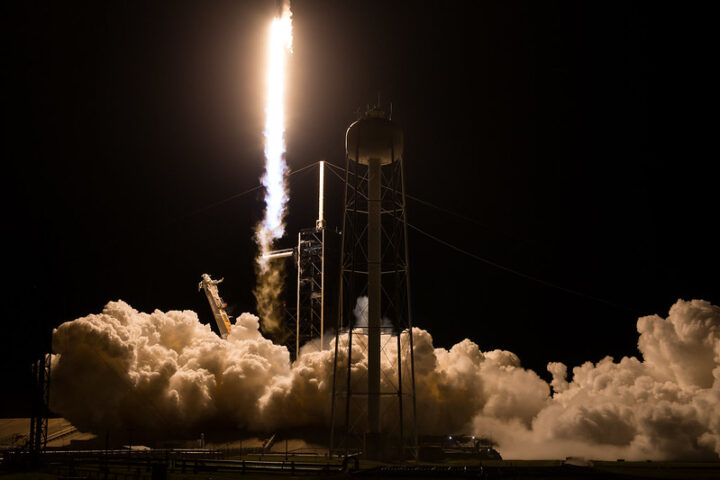The U.S. Department of Energy’s latest analysis on liquefied natural gas (LNG) exports presents data on economic burdens and environmental risks. The study, released Tuesday, indicates that unconstrained LNG exports could increase domestic natural gas prices by 31% by 2050, raising costs for U.S. households.
Energy Secretary Jennifer Granholm stated, “A business-as-usual approach is neither sustainable nor advisable.” The study examines various scenarios based on domestic and international climate policies, technologies, and resource availability.
Economic Impact and Market Dynamics
An industry study by S&P Global, released Tuesday, claims U.S. LNG has contributed more than $400 billion to GDP over the past decade, with projections of supporting about 495,000 jobs through 2040. However, the DOE study warns of market volatility and price increases affecting domestic consumers and manufacturers.
The analysis reveals shifting export patterns. While Europe remains the primary destination for U.S. LNG since 2016, particularly following Russia’s 2022 invasion of Ukraine, European policies aim to reduce fossil fuel consumption. Asian markets are projected to increase demand across multiple scenarios.
Environmental and Community Effects
Peer-reviewed research indicates LNG’s climate impact exceeds that of coal. The DOE study documents extensive methane emissions throughout the supply chain, from extraction through transportation.
In Cameron Parish, Louisiana, over 120 commercial fishermen have raised concerns about ecological collapse. James Hiatt of For a Better Bayou stated, “LNG pollutes our air and water, raises energy costs for families, and accelerates the ecological collapse that is destroying fisheries and livelihoods along our coast.”
John Allaire, Environmental Engineer and retired oil and gas worker, noted that according to the USEIA exports report for September, China and India were the top importers of U.S. LNG exports, with BRIC countries accounting for over 25% of exports that month.
Similar Posts
Regulatory Implications
The study arrives during a 60-day public comment period. Six LNG export permits await DOE review. The department must determine whether exports serve the public interest under federal law.
Rep. Sean Casten (D-IL-6) commented, “We’re sitting here in a world where we have invented cell phone technology and are arguing about whether we should export rotary phones to the rest of the world.”
Ana Maria Jaller-Makarewicz, lead energy analyst at IEEFA, reported U.S. energy imports have decreased 19% this year, while European imports remained flat in 2023.
Future Outlook
The incoming administration under President Trump pledges to end the current moratorium on new LNG export permits. This position contrasts with the DOE study’s findings on economic and environmental impacts.
The U.S. Chamber of Commerce maintains that “LNG exports are not only in America’s national interest but also in the world’s interest, especially our European allies seeking to break free from dependence on Russian gas.”
The analysis will inform future DOE decisions on export permits and shape U.S. energy policy amid competing economic, environmental, and geopolitical priorities.
















